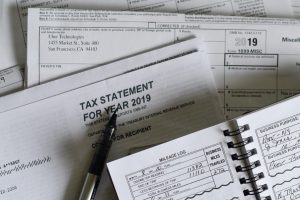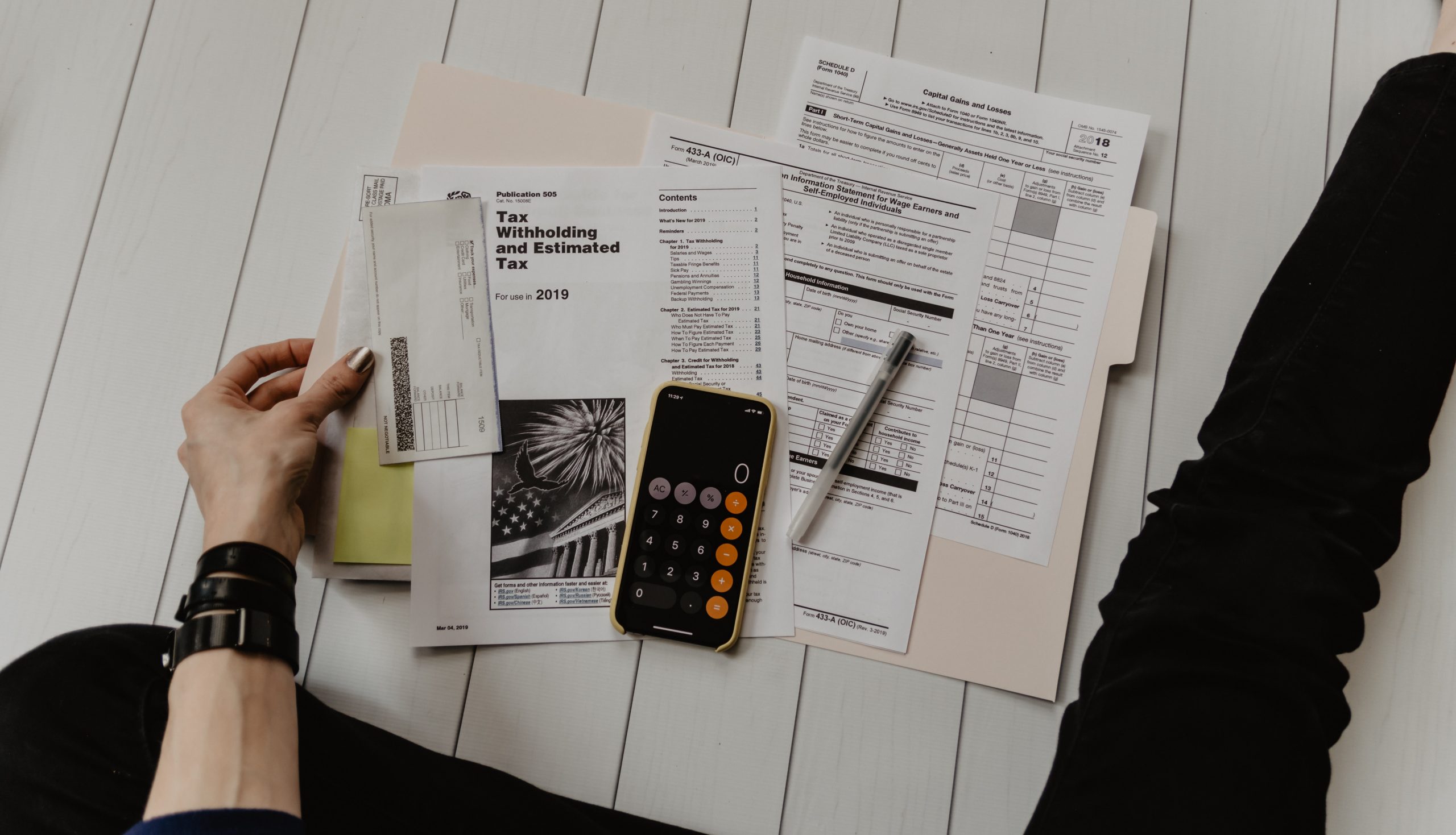Taxes in Bankruptcy: Feel Free of the Burden of State and Federal Tax Debt
Are you drowning in a sea of tax debt, both state and federal, and seeking a lifeline? Bankruptcy might be the answer you’ve been looking for. In this comprehensive guide, we’ll explore how bankruptcy in Wisconsin can help you break free from the burden of income tax debt. From understanding the qualifications for discharging tax debt to the nuances of Chapter 7 and Chapter 13 bankruptcy, we’ve got you covered.
Taxes in Bankruptcy: Qualifications for Discharging Income Tax Debt by Filing for Bankruptcy
When it comes to discharging income taxes in bankruptcy, there are specific qualifications you must meet:
- The taxes must be federal or state income taxes.
- You must have consistently filed tax returns on time, even if you couldn’t pay.
- Your tax debt should be at least three years old, with the tax return due at least three years before filing for bankruptcy.
- You haven’t committed tax fraud or evasion.
- You meet the 240-day rule, meaning the IRS assessed the income tax debt at least 240 days before your bankruptcy filing, or it hasn’t been assessed yet.
Taxes in Bankruptcy: Discharging Tax Debt with Chapter 7 Bankruptcy
If you meet the qualifications mentioned above, you can discharge your income taxes in bankruptcy by filing for Chapter 7 bankruptcy. Chapter 7 bankruptcy allows you to eliminate unsecured nonpriority debts, including credit card debt, medical bills, payday loans, and debt from lawsuit judgments.
Taxes in Bankruptcy: Can IRS Debt be Discharged in Chapter 13?
Chapter 13 bankruptcy doesn’t immediately discharge tax debt. To determine whether your income tax debt is a priority or nonpriority debt, you’ll need to assess specific criteria. Nonpriority tax debt that meets the qualifications can be paid off over a 3-5 year repayment period, with the remainder discharged upon completion.

Taxes in Bankruptcy: Tax Liens & Bankruptcy
It’s crucial to understand the distinction between tax debt and tax liens. While bankruptcy can discharge tax debt, it doesn’t eliminate prior tax liens. Tax liens are legal judgments secured against your property to satisfy tax obligations. Bankruptcy will discharge your obligation to pay the debt, but the lien may remain on your property
Taxes in Bankruptcy: The Role of Automatic Stay
Learn about the automatic stay, a crucial aspect of bankruptcy that provides temporary relief from creditor collection efforts, including those from the IRS. This powerful tool goes into effect as soon as you file for bankruptcy, offering protection while your case is ongoing.
Taxes in Bankruptcy: Using Bankruptcy for Taxes
Discover how bankruptcy can be a fresh start for taxpayers struggling with overwhelming debt. Learn about the specific tax circumstances that make you eligible for discharge and understand the importance of compliance during your bankruptcy case.
Frequently Asked Questions about Taxes in Bankruptcy
Q1: Can I discharge all types of tax debt through bankruptcy?
A1: No, not all types of tax debt can be discharged through bankruptcy. Only income tax debts, both federal and state, can potentially be discharged. Other types of taxes, such as fraud penalties or payroll taxes, cannot be eliminated through bankruptcy.
Q2: What happens if I’ve missed a tax return or a current-year tax deadline?
A2: To eliminate a tax debt through bankruptcy, you must have filed a tax return for that debt at least two years before filing for bankruptcy. If you’ve missed filing a return or filed it late, it may affect your ability to discharge the associated tax debt. It’s essential to be compliant with all tax obligations for your bankruptcy to be effective.
Q3: How can I determine if Chapter 7 or Chapter 13 bankruptcy is right for my tax situation?
A3: Whether Chapter 7 or Chapter 13 bankruptcy is right for your tax situation depends on various factors, including the age and type of tax debt, your income, and your ability to make payments. Chapter 7 is generally suitable for discharging income tax debts that meet specific qualifications, while Chapter 13 involves a repayment plan for tax debts, which can be helpful if your tax debt doesn’t meet the discharge criteria.
Q4: What are the steps to initiate bankruptcy proceedings in Wisconsin?
A4: Initiating bankruptcy proceedings in Wisconsin involves several steps, including preparing the necessary forms, filing them with the bankruptcy court, attending a meeting of creditors, and following the court’s instructions throughout the process. For step-by-step guidance on the bankruptcy process in Wisconsin, you can visit Link to Wisconsin Eastern District Bankruptcy Court FAQs.
Q5: Where can I find additional resources and guidance on bankruptcy in Wisconsin?
A5: You can find additional resources, including forms and detailed information about bankruptcy in Wisconsin, on the Wisconsin Court System – Pro Se Forms website. Additionally, consulting with experienced bankruptcy attorneys, such as those at Dahlberg Law Group, can provide you with expert guidance tailored to your specific situation.
If you have more questions or need personalized assistance with your tax-related bankruptcy concerns, don’t hesitate to reach out to legal professionals who can provide the support and advice you need to navigate the process successfully. Contact the attorneys at Dahlberg Law Group, including Attorney Steve Eichsteadt, for a FREE tax debt relief consultation today.
References:
- Wisconsin Eastern District Bankruptcy Court FAQs: [Link to https://www.wiwb.uscourts.gov/faqs#:~:text=Bankruptcy%20is%20a%20way%20for,in%20a%20chapter%207%20case]
- Wisconsin Court System – Pro Se Forms: [Link to https://www.wicourts.gov/ecourts/prose.htm]
Conclusion about Taxes in Bankruptcy
Bankruptcy protection can be a lifeline for those drowning in state and federal tax debt. To navigate the complexities of tax-related bankruptcy and ensure you make the right choices, it’s crucial to consult with experienced professionals. Contact the attorneys at Dahlberg Law Group, including Attorney Steve Eichsteadt, for expert guidance and a fresh financial start. Call 262-677-8999 for a FREE tax debt relief consultation today. Don’t let tax debt hold you back—embrace the opportunity to break free and regain control of your financial future.

